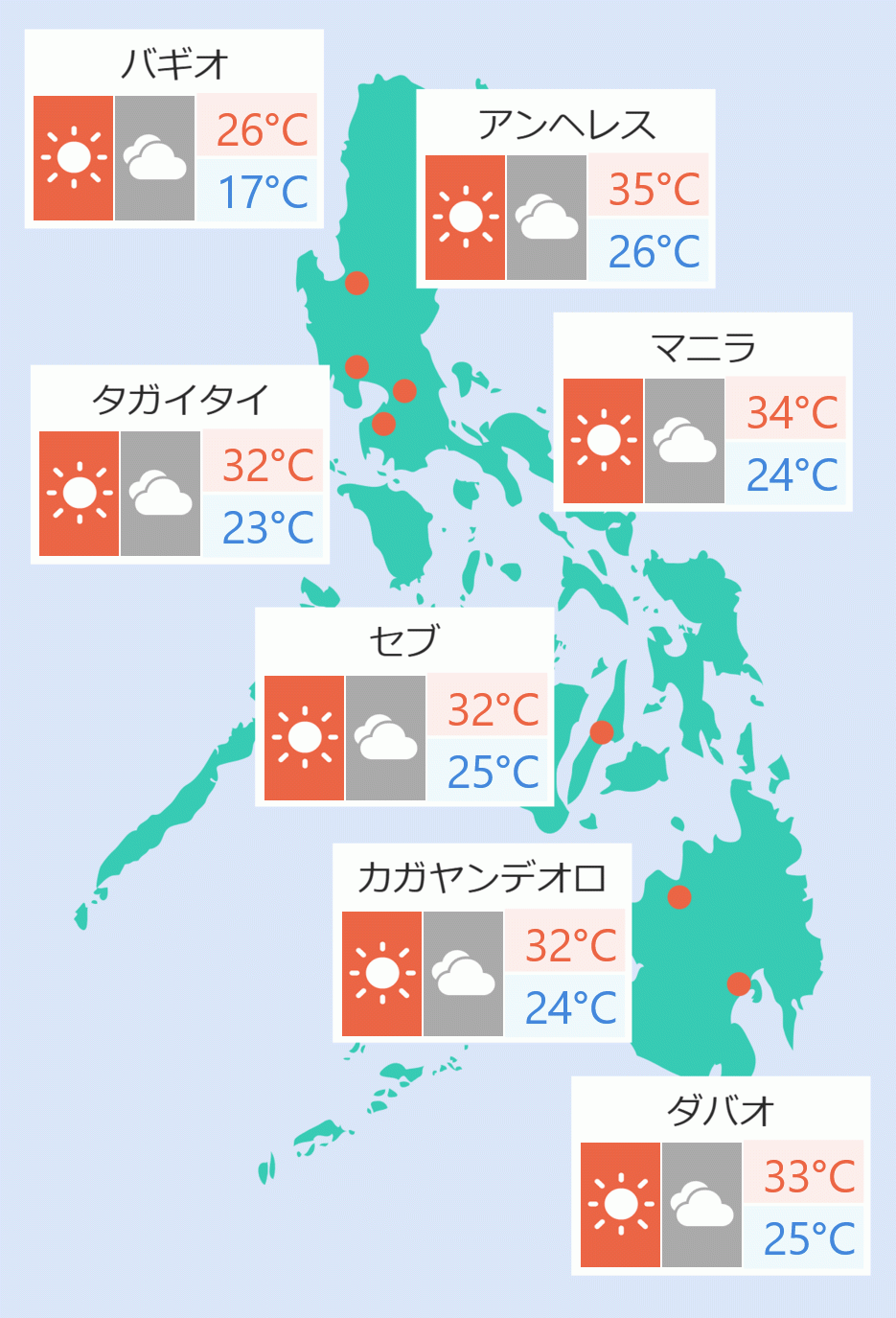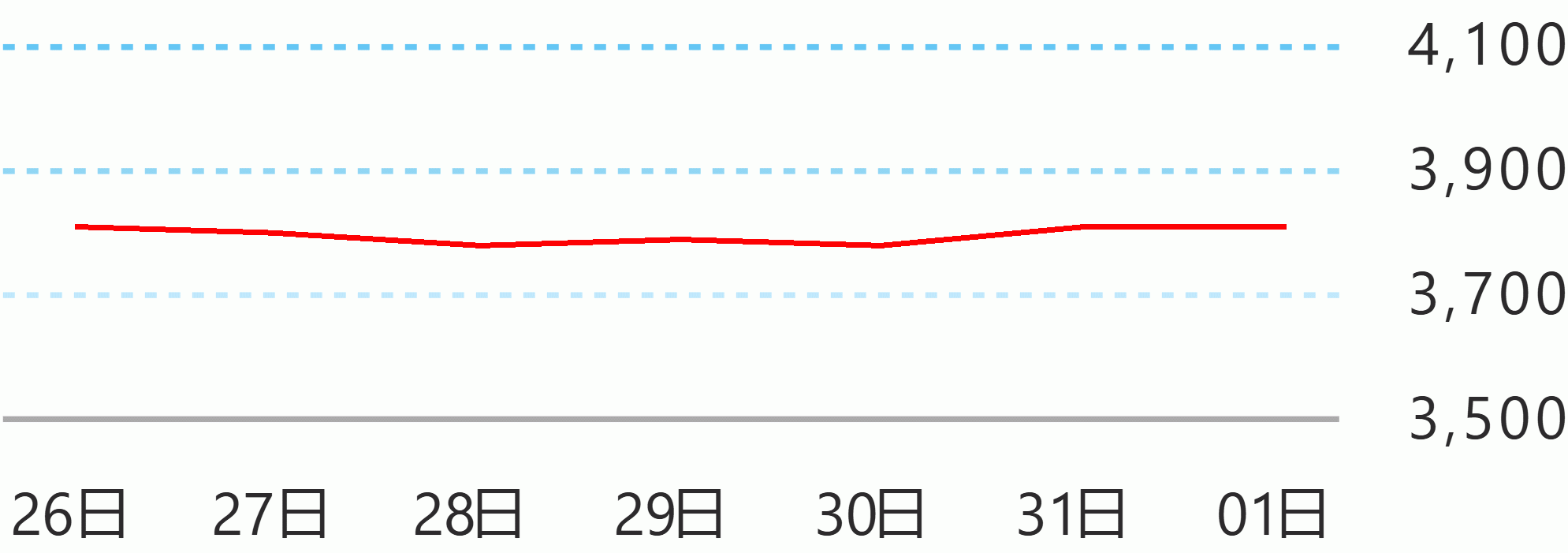The National Grid Corporation of the Philippines (NGCP) is working with the Department of Information and Communications Technology (DICT) to speed up its national broadband program
In a press briefing Wednesday, Information and Communications Technology Secretary Ivan Uy said the DICT will be using dark fiber provided by the NGCP to be able to deliver “high capacity” broadband connectivity to the country.
“NGCP has been kind enough to work with the Philippine government in order to accelerate the deployment of our national broadband strategy by allowing us now to utilize the dark fiber in order to deliver high-capacity broadband connectivity to the internet,” he said.
This comes after the DICT signed an agreement that morning to transfer their facilities to the NGCP infrastructure so they can also access their broadband structure.
“Today, we signed the master lease agreement so that the hosting of the equipment could be arranged. The cable is still being setup. The terrestrial cable or what they call the Luzon bypass. There are still a few problems and they are still fixing the piping and fiber optic,” Uy said.
“Once that’s done, I foresee that we should be lighting up early next year,” he added.
Uy also said that in Phase 1 of the National Broadband Program, they will prompt the cable landing station in Baler, Aurora and link it to NGCP through the Luzon Bypass Infrastructure Project.
“We now have a government broadband as our backbone and this will enhance our competitiveness as well as our reliability especially for government connections, for the local governments, national government agencies in the regions,” he said.
The national broadband will be able to provide faster internet connection for schools, governments, local government units, and barangays, Uy said.
The DICT chief also said that it will lessen the government’s reliance on commercial and private sectors for internet connectivity, preventing an overload of commercial lines.
“So once we deploy it, and transfer the government services to the government broadband connection, the bandwidth of the commercial sector will be freed up and they can sell it to the businessmen in e-commerce and other customers,” Uy said.
According to Uy, the national broadband will be “complementary” to the internet connectivity provided by telecommunication companies since it will only cover underserved areas they could not reach. Jaspearl Tan/DMS





 English
English










